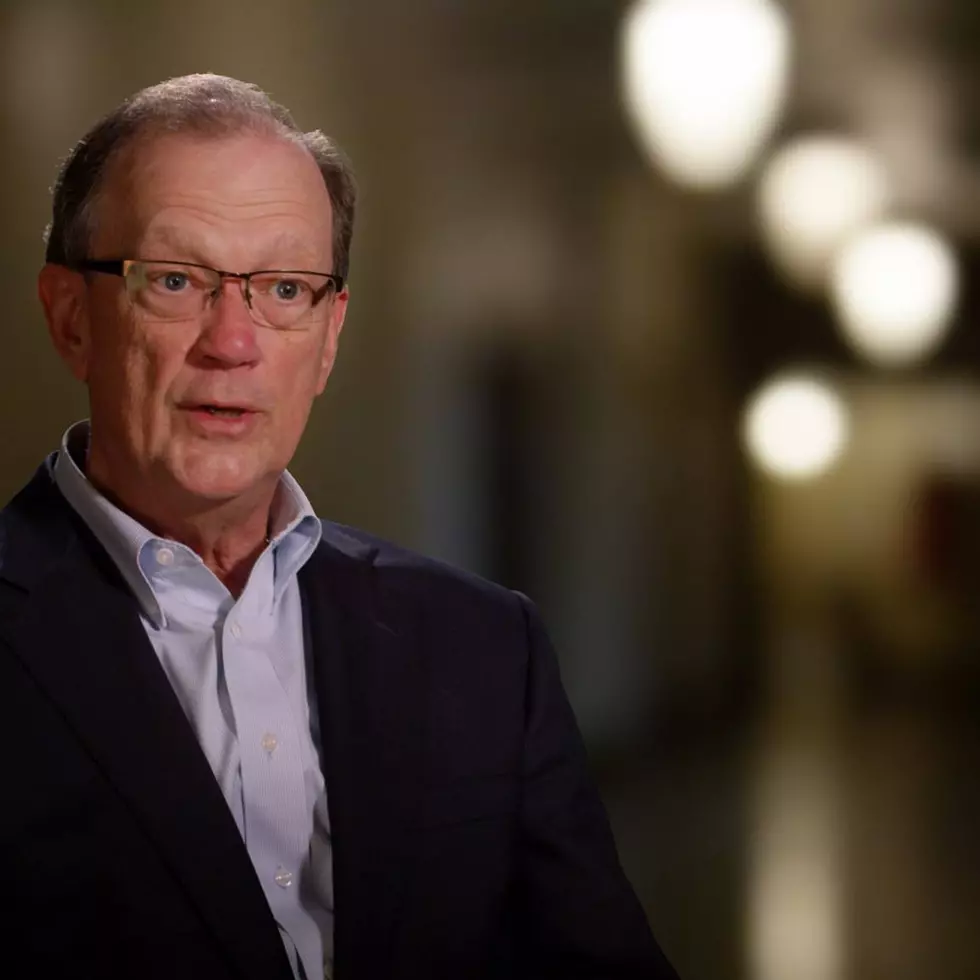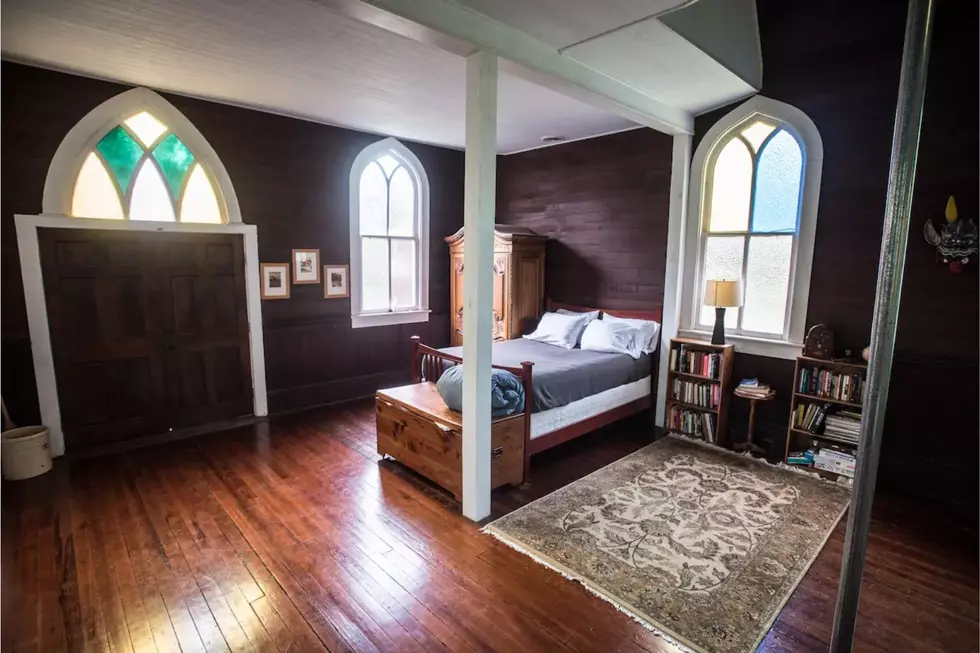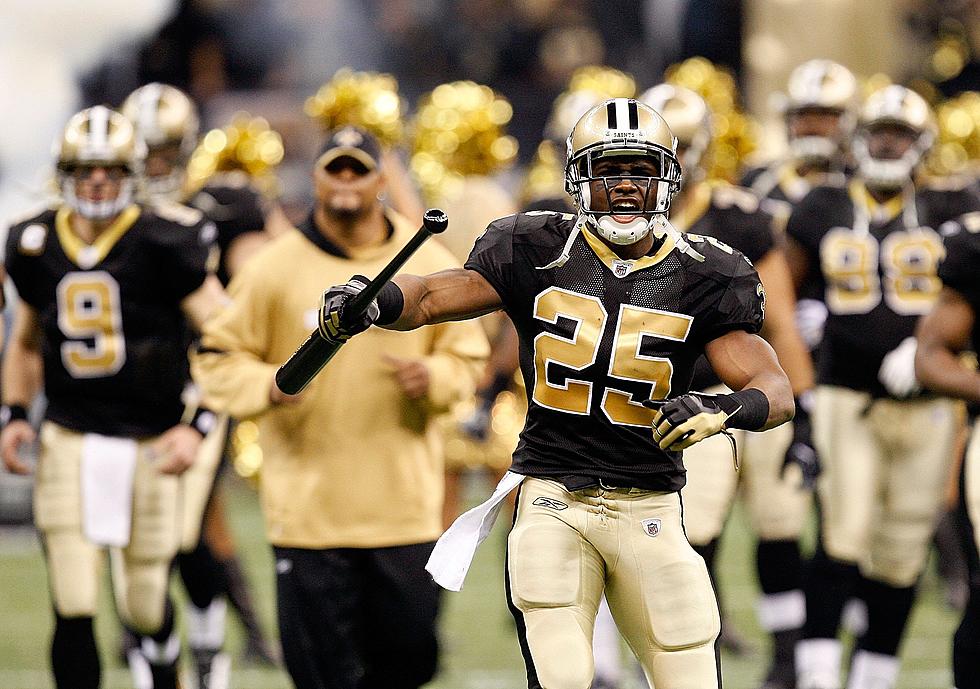
Why? – C.B. Forgotston’s Widow Writes Letter Explaining His Death
It's been a week and a half since political watchdog and one of the greatest advocates for the people of the state of Louisiana, C.B. Forgotston, shot and killed himself.
Many people who knew and loved C.B. - either personally or through his political commentary - have been understandably asking the question "Why?"
C.B.'s widow E.J. answers this question as she lets you in on the life her loving husband.
The following are E.J.'s words, unedited:
Why?
That’s the question I’ve heard over and over again after my loving husband C.B. Forgotston died on the morning of Jan. 3. He shot and killed himself.
In some cases, family members try to hide a suicide. I thought it was important for people to know how he died.
I think it’s also important for people to know that C.B. suffered all his adult life with clinical depression. It got so bad at the end that he felt like he had no way out.
He did not share his depression with others. In fact, he didn’t even use that word, not even with me for a long time.
He simply told me that he needed “quiet time.” I guess I thought he just needed his space. I didn’t realize he was depressed.
He told me that others in his family had suffered mental problems, including his mother. She became ill when C.B. was seven. She was diagnosed as being bipolar, which I think was a word that physicians used when they really didn’t have a clear understanding of the situation. She was in and out of institutions until her death at the age of 96 in 2014.
C.B. managed his depression with daily medicines. He was a senior staffer for years at the Legislature, and afterwards he was a top business lobbyist. Over the past 20 years, the general public got to know him from his frequent appearances on talk radio and in TV interviews.
In recent years, he expressed his views on state government and politics in pointed emails, through his blog and through Twitter. I’m proud that he always expressed his views about what was right, even if others didn’t always want to hear it.
Over time, he opened up with me about his depression, especially after Hurricane Katrina destroyed our home in New Orleans and led us to move to Hammond.
When a particular drug was no longer effective, doctors put him on a different medication. This continued until six months ago when the latest medication stopped working well. After that, his doctor tried four or five different drug combinations. None of them seemed to work.
His experience with his mother scared him. He had dealt with having to care for her since childhood, especially after his father died in l987, and the entire burden fell on him. He feared becoming a burden on me.
Right after Christmas, we discussed his depression once again, and this time I told him that he should share his battle with close friends and a major business client. I was sure that it would be a great relief to him and that it could make it easier for him to cope.
C.B. agreed but wasn’t sure how to do so. I suggested that he send them an email.
Even writing it was too much for him. So I wrote it for him. This is what I wrote:
“For the last several months C. B. has been dealing with some health issues.
He has been under a doctor’s care, and they are working with us to readjust medications to find the correct combination.
Today, after his appointment, the doctor has recommended that C.B. take a month off to rest and recover.
Please understand that he would like to convey this to each of you personally, however, during this time, rest with as little stress as possible is necessary for his recovery.
Thank you for your understanding. E. J.”
He agreed he would send it on Jan. 4. But the day before, he left me a note while I was sleeping and slipped out of the house.
C.B. and I had a wonderful life. We shared small-town values – he was from Newellton, I’m from Kentwood – and we both had success in the big city, me as an interior designer in New Orleans, him with his influence on state government.
He had great friends – I couldn’t believe that hundreds of people would turn out for his funeral – and loved living in Hammond.
He was not an unhappy person, as some people have suggested to me in recent days. No, he suffered from a mental illness that he could no longer control at the end.
My hope is that in going public with C.B.’s depression – and his inability to be more forthcoming about it with people close to him – I can encourage others in a similar situation to find the help they need, before it’s too late.
C. B.’s loving wife,
Ella Joy “E.J.” Adams Forgotston
More From News Talk 96.5 KPEL









